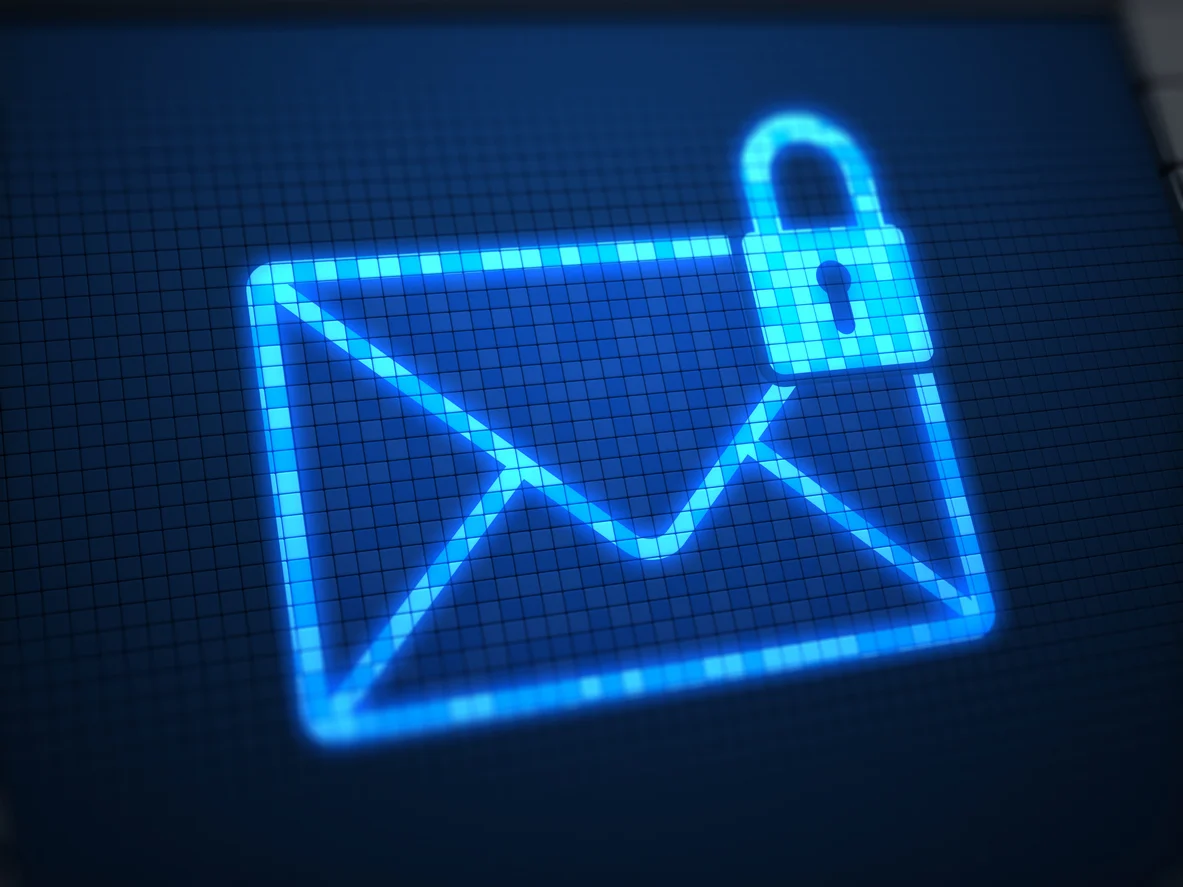In today’s digital world, where information is more valuable than ever, safeguarding sensitive data has become a top priority. But why exactly is confidentiality considered the cornerstone of effective security measures? Let’s delve into why protecting information, especially in the realms of information security, network security threats, and cyber security policy, is crucial for any organization or individual.
Understanding the Importance of Confidentiality in Security
When we talk about security management, confidentiality is about ensuring that sensitive information is only accessible to those who are authorized to see it. Whether we’re discussing corporate secrets, personal data, or government intelligence, confidentiality serves as the foundation of infosec security. In the wrong hands, confidential information can be exploited, leading to significant losses, both financial and reputational.
The Role of Confidentiality in Information Security
In information security, confidentiality is one of the three primary pillars, alongside integrity and availability. But why is it so essential? Without confidentiality, all other security measures could be compromised. Hackers and malicious entities are constantly seeking ways to access private information, and once they do, the consequences can be dire. Data breaches, identity theft, and intellectual property theft are just a few examples of what can happen when confidentiality is not maintained.
Real-World Examples of Confidentiality Breaches
Consider the numerous data breaches we hear about regularly, where sensitive data like passwords, credit card details, and personal identification numbers are stolen. These incidents often result from weak cyber security policy or a lack of a robust security framework. Remember the infamous Equifax data breach? The company’s failure to secure its systems adequately led to the compromise of millions of people’s personal information. This demonstrates how crucial confidentiality is in preventing network security threats.
How Confidentiality Enhances Cyber Security Policy
A cyber security policy that prioritizes confidentiality ensures that only authorized personnel have access to sensitive information. This is done by implementing various techniques, such as encryption, access controls, and multi-factor authentication. For instance, think of encryption as a vault that keeps your most precious items secure. Even if someone gains access to the vault, they can’t unlock its contents without the correct key. Similarly, encrypting data ensures that even if hackers intercept the information, it remains unreadable to them.
Maintaining Confidentiality with Security Management Practices
One of the most critical aspects of security management is ensuring that sensitive data remains confidential at all times. This involves not only securing physical access to data but also implementing policies and procedures that govern how digital information is shared and stored. Regular audits, employee training, and robust monitoring systems help maintain the confidentiality of sensitive data.
Here are a few security management practices to consider:
- Encryption: Encrypt sensitive data both in transit and at rest.
- Access Controls: Limit access to data based on role and necessity.
- Regular Security Audits: Continuously monitor and audit access to sensitive information.
- Multi-Factor Authentication (MFA): Add an extra layer of security to user logins.
The Role of Confidentiality in Protecting Against Network Security Threats
Confidentiality is critical in defending against network security threats. Hackers often target vulnerable networks to steal sensitive information. A robust security framework that prioritizes confidentiality can mitigate these risks. Firewalls, intrusion detection systems (IDS), and virtual private networks (VPNs) are all part of a security strategy aimed at ensuring that confidential information remains private.
When data is compromised, businesses lose customer trust, face legal consequences, and incur significant financial losses. These cyber threat trends are increasing, making confidentiality more crucial than ever.
Confidentiality as Part of a Broader Security Framework
Confidentiality doesn’t work in isolation. It is part of a broader security framework that also includes integrity (ensuring data accuracy) and availability (ensuring authorized access when needed). A balanced approach that includes all three elements is essential for effective infosec security.
For example, when you’re using a bank’s online services, the system needs to ensure that your financial data is not only available to you when needed but also remains confidential and intact. Any lapse in confidentiality could lead to unauthorized access and fraudulent activity.
Cyber Threat Trends to Watch for in 2024
As we look ahead, several cyber threat trends are emerging that further highlight the importance of confidentiality. These include:
- Ransomware Attacks: Hackers hold data hostage, demanding payment for its release.
- Phishing Schemes: Tricking individuals into revealing confidential information.
- Zero-Day Exploits: Attackers exploit unknown vulnerabilities in software.
- Insider Threats: Employees or partners with access to sensitive information misuse it.
All of these threats can compromise the confidentiality of your data if appropriate security management measures are not in place.
Conclusion: Confidentiality as the Pillar of Security
In conclusion, confidentiality is the bedrock of effective information security measures. Without it, the entire structure of infosec security crumbles. As we continue to face increasing network security threats and evolving cyber threat trends, organizations must prioritize confidentiality within their security framework to safeguard their sensitive information.




